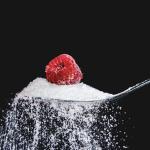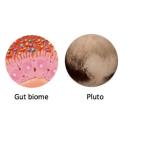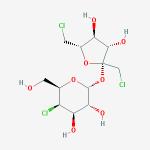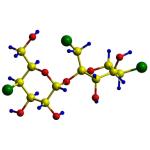Join host Cameron English as he sits down with Dr. Chuck Dinerstein to break down these stories on Episode 43 of the Science Dispatch podcast:
sucralose
The research is published in the Journal of Toxicology and Environmental Health and considers the DNA damage of sucralose, the sweetener, and its metabolite, sucralose-6-acetate.
Microbiome. Microbiome. Microbiome. Microbiome. Microbiome. Microbiome.
It's almost boring to keep telling people about the safety of sucralose and other approved sweeteners because we've done it so many times (for example here
A recent article, published in the journal Toxicological and Environmental Chemistry reported that when people eat the non-nutritive sweetener sucralose (the sweetening ingredient in Splenda®) some of it is absorbed into the blood and the
If you were to name some of the most studied and least dangerous chemicals commonly used in ou
Some junk science studies can be difficult to detect
Not only are regular soft drinks (those sweetened b







